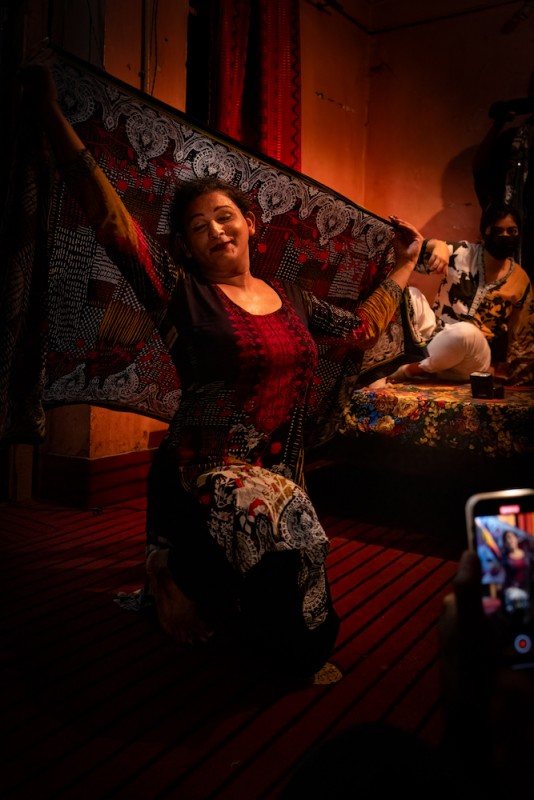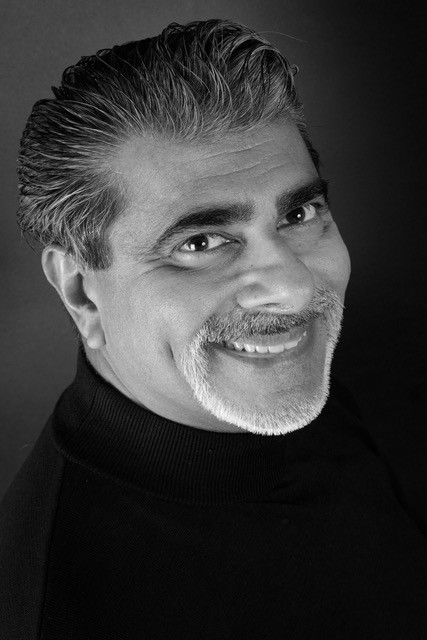Transgender in Pakistan
Transgender in Pakistan
Ali Khataw
January 10, 2023

The trans community is skilled in their own way, but society fails to recognise it and even socially rejects them. That’s why Heera Mandi is a sanctuary for the third gender. According to a local belief, the transgender community feel at home here, as they are allowed to do what they want. They enjoy dancing immensely (even if it’s for their clients), as it is a means of freedom for them. Moreover, they are highly paid for their swift dance moves. In fact, they are considered to be more graceful than female courtesans.
Trans people in Pakistan are often disowned by their families at a very early age and live together in communities, usually led by a “guru”. The exclusion from education means that 42% of the community is illiterate, and employment is heavily focused on three specific occupations: according to a 2016 survey, 51% of trans people’s overall income comes from dancing (including ceremonial dances at weddings and births), 15% from sex work, and 12% from begging. Thus, on the subcontinent, trans people have lived on the margins of society for centuries. Many consider their sexual ambiguities to be God-given and are sought out as intermediaries to the divine, and are able to proffer curses or blessings.
In 2017 the legislature in Pakistan passed the Transgender Persons (Protection of Rights) Act. In doing so, the country affirmed that it must respect a person’s innermost and individual sense of self, as male, female or a blend of both, or neither. The law allows citizens to have this identification recognized on all state documents, such as passports and driver's license. What’s more, the Pakistani government is required to provide protection centres and safe houses for those who feel at risk.”
Ali Khataw+-
The desire to help others and use art to make a difference has inspired Ali Khataw to delve into the world of Photo Philanthropy. He wants to use visual power to better the living conditions for those in the world, who are not lucky enough to enjoy the luxuries many of us have been blessed with. Khataw is a street, travel and wildlife photographer, a curator and a critic, who has a passion for educating people about the magic of the world. It is his mission to donate 100% of the profits generated through image sales, exhibitions and photo-safari workshops to wildlife conservation and social impact projects. He has won several international awards and is currently the head photography curator and critic at 100ASA.com. Khataw is also on the forefront of economic development and advocacy as he leads the Greater Austin Chamber of Commerce as Chairman of the Board of Directors. More

